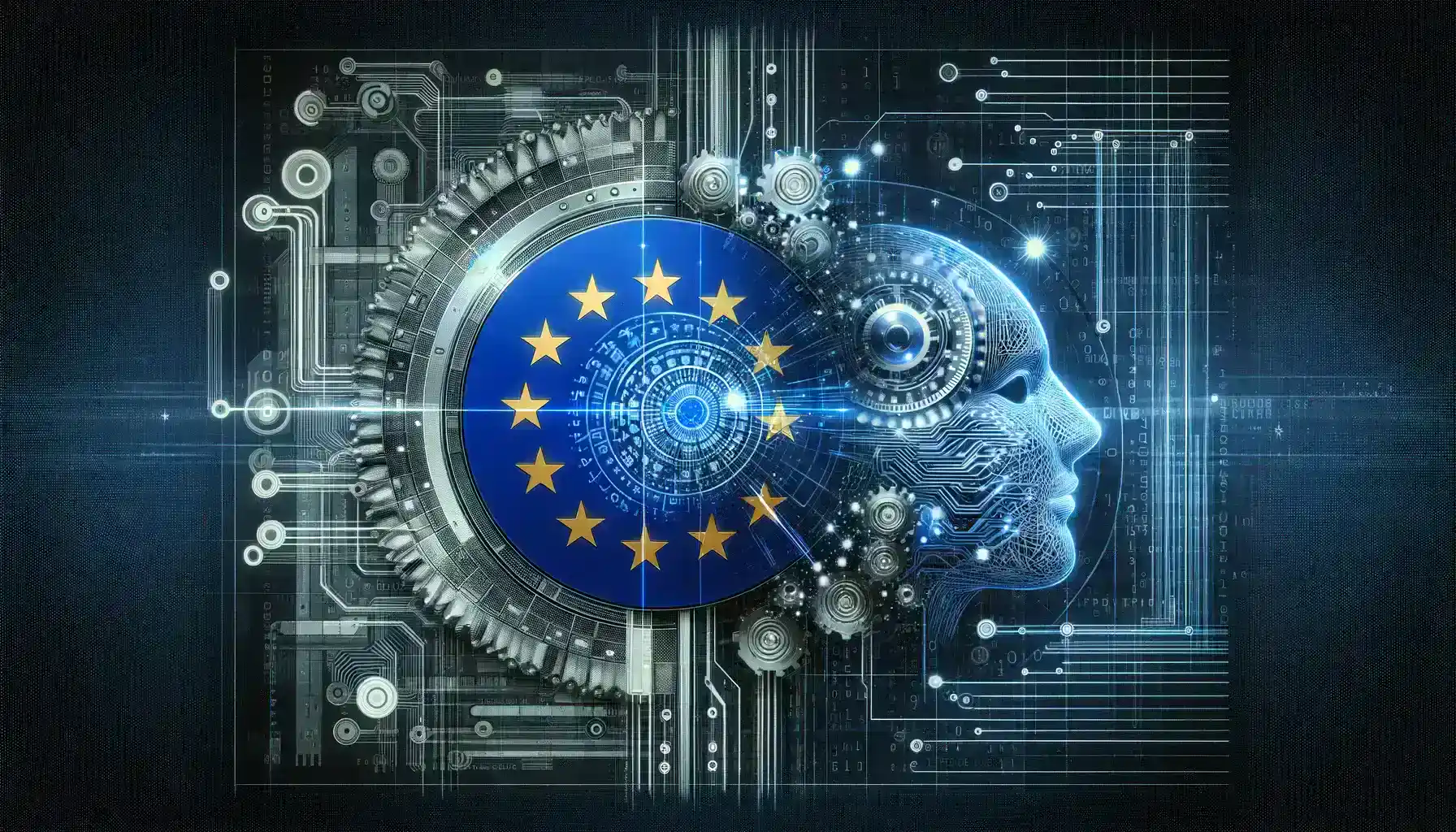Table of Contents
The European Union (EU) has been at the forefront of regulating artificial intelligence (AI), recognizing both its potential benefits and risks. The EU AI Act is a landmark legislation aimed at governing the use and development of AI across EU member states. This blog post delves into the key aspects of the EU AI Act and what it means for the future of AI in Europe.
The EU AI Act: A Pioneering Step in AI Regulation
The European Union AI Regulation Act, commonly known as the EU AI Act, represents a bold step by the EU to set standards for AI development and deployment. It aims to balance the rapid technological advancements with ethical considerations and public safety.
Key Objectives of the EU AI Act
- Risk-Based Approach: The EU AI Act categorizes AI systems based on the level of risk they pose, ranging from minimal risk to high risk, with corresponding regulatory requirements.
- Transparency and Accountability: Ensuring AI systems are transparent and their workings can be understood and scrutinized.
- Protecting Citizens’ Rights: Safeguarding the fundamental rights of EU citizens, including privacy, non-discrimination, and protection from harmful or incorrect decisions made by AI systems.
Detailed Analysis of the EU AI Act
Specific Provisions and Guidelines
- Provisions for High-Risk AI Systems: Detailed guidelines for systems that could have significant impacts on public welfare, including requirements for robustness, accuracy, and data governance are provided in the European Union AI Regulation Act.
- Ethical AI Framework: Establishing ethical guidelines for AI development, focusing on human oversight, non-discrimination, and fairness.
Broader Impact and Challenges
- Economic Implications: Assessing the economic impact on the AI industry within the EU, including potential costs and benefits.
- Global Competitiveness: Understanding how the EU AI Act positions the EU in the global AI landscape.

Impact on Businesses and Developers
The EU AI Act has significant implications for businesses and developers engaged in AI technologies. Compliance with the new regulations will require a reevaluation of current practices, particularly for high-risk AI systems.
Compliance Challenges and Opportunities
- Technical and Ethical Standards: Adhering to technical standards for data quality and ethical considerations in AI development.
- Innovation vs. Regulation: Balancing the push for innovation with the need for robust and responsible AI systems.
- Adaptation Strategies: Exploring how businesses and developers can adapt to the new regulations, including investments in compliance and ethical AI practices.
Related Article
AI Regulation Agreement Between Germany, France, and Italy: Key Highlights
The Future of AI in the European Union
The EU AI Act is not just a regulatory framework; it’s a vision for a future where AI is developed and used responsibly. It sets a global precedent and may inspire similar regulations worldwide.
“The potential economic impact of AI is immense, with predictions suggesting it could revolutionize the global economy, influencing trillions of dollars in value.”
Looking Ahead: European Union AI Regulation Act
- Global Influence: The EU’s approach to AI regulation could influence global standards and practices.
- Continuous Evolution: As AI technology evolves, so too will the regulatory landscape, requiring ongoing adaptation and vigilance.
- Research and Development: The role of research and innovation in shaping future AI technologies within the regulated environment.
Conclusion
The European Union AI Regulation Act is a pioneering effort to govern the burgeoning field of artificial intelligence. By addressing the risks while encouraging innovation, the EU AI Act aims to foster an environment where AI can thrive responsibly and ethically.
Final Thoughts
With the EU AI Act, the European Union is setting a global standard for AI regulation. It reflects a nuanced understanding of AI’s potential and its challenges, paving the way for a future where AI technologies are both innovative and trustworthy.